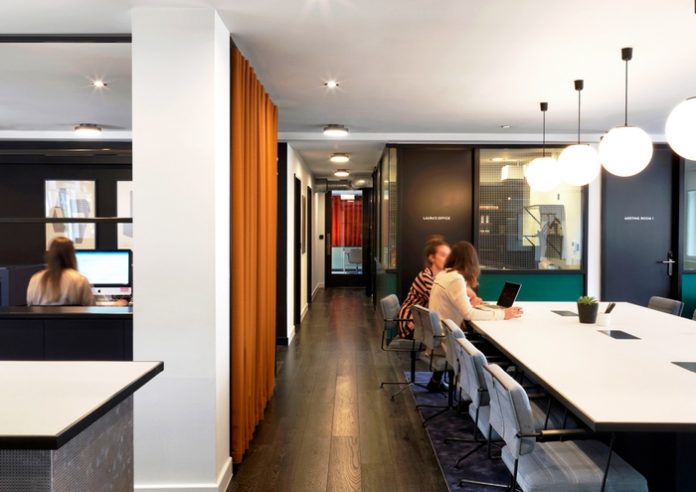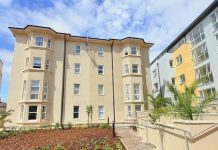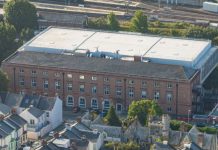Avison Young revealed Top Ten Trends for the real estate market for 2020 at its annual Property Market Update in Bristol. Providing an outlook for the South West across the offices, industrial, retail, investment and residential development sectors, the event was attended by over 100 property professionals from across the region.
Gordon Isgrove, managing director for Avison Young in Bristol told the audience, “Following a period of sustained political turmoil, 2020 marks a new era for the UK. Whilst our commercial real estate sector will feel the impact of global trends including low interest rates and climate change, the next 12 months present some valuable areas of growth that investors and developers in the sector should look to harness.
“In Bristol we see many of these trends emerging through a market that is continuing to bring forward high profile schemes. The positive impact of placemaking to the rise of flexible office spaces, how occupiers are driving a move towards sustainable buildings, to the importance of logistics within the local economy. These are all strong themes that we expect to play a key role in real estate this year.”
He added, “2020 sees construction work commence on the University of Bristol’s Temple Quarter Enterprise Campus, a catalyst for regeneration in the St Phillips area of the city; whilst the lack of readily available office stock has led to an increase in office schemes now under construction, including 4 Glass Wharf, Aspire, The Distillery at Glassfields, and Halo at Finzels Reach.”
Gordon stressed the importance of transport infrastructure for a connected city, “The wider regeneration of the Temple Quarter area, will include the much-needed redevelopment of Bristol Temple Meads Station, which is desperately needed to improve capacity and the visitor experience as a gateway into our city. It will be a significant step in improving transport connectivity in the city however, there remains a massive requirement to find a solution that will enable both businesses and individuals to move across the city quickly and efficiently.”
The ten trends identified by Avison Young impacting real estate strategies and business are:
- Lower for longer: How investors are dealing with a low inflation, low interest rate world.
- Power to the people: landlords, developers and occupiers need to pay increasing attention to local political activism, as today’s street protests increasingly signal tomorrow’s policy initiatives.
- (De)globalisation: The pace of globalisation is slowing and in some areas is starting to reverse as nearshoring and the localisation of supply chains gathers momentum
- Building resilience: Cities across the world are leading the charge in responding to climate change, to ensure economic, social and environmental sustainability.
- (Place)making an impact: Placemaking is becoming the focus of socially responsible investors looking for impact investment opportunities.
- Rebirth of retail: The re-invention of the retail sector into a technology-driven experiential offering.
- Let’s talk about flex: The future of flexible office spaces. They will remain one of real estate’s hottest growth areas in 2020
- AI: Augmented intelligence, could your cobot, a collaborative robot, make your life easy by helping you work quicker, and smarter.
- Wishing Well: Wellness is the new front in the war for talent, and buildings have a huge part to play in supporting companies’ efforts to look after their staff.
- Heavy Lifting: Logistics is currently a labour-intensive business, and the sector is facing the twin challenges of staff shortages and a growing volume of e-commerce returns.






















